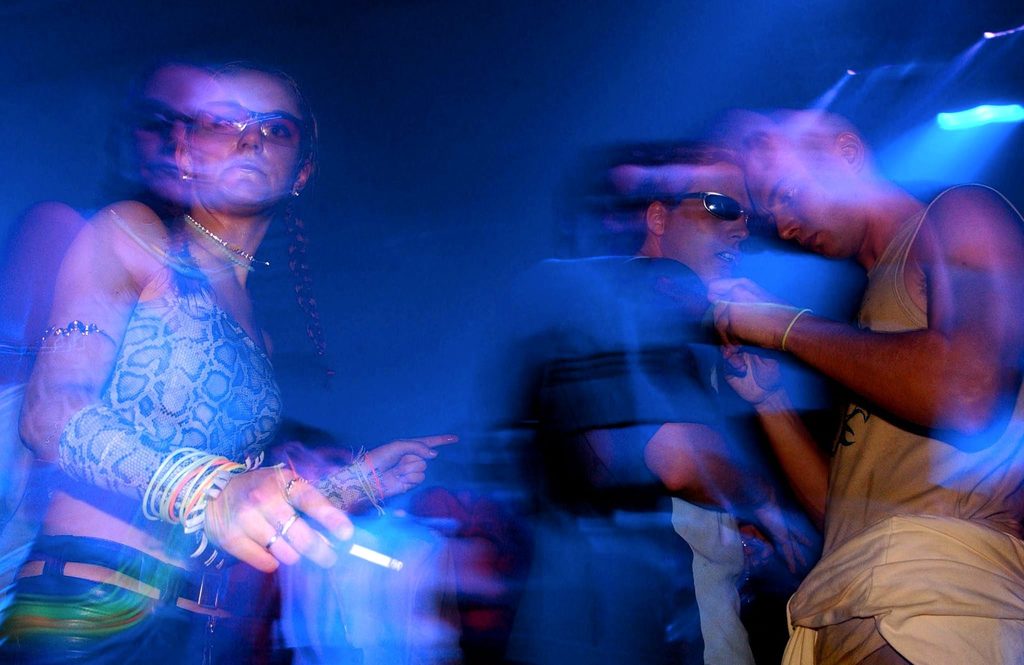Weekly use of illicit drugs in Flanders was generally lower in 2022 than 20 years ago. However, experts are wary of risky alcohol use and the group of ketamine users is growing.
The results were presented on Friday by the triennial survey of the Flemish Expertise Centre for Alcohol and Other Drugs (VAD).
One in two respondents said they had used at least one illegal substance in the past year. Cannabis is the leader in this regard with over one in three saying they had used it in the past year. This is followed by ecstasy (22%) and cocaine (18%).
If we look at regular use (at least once a week), however, these figures are much lower and generally show a downward trend. For cannabis, the figure is 14.5 per cent (+0.2 percentage points), for cocaine 2.2 per cent (-0.9 percentage points) and for ecstasy 0.6 per cent (-0.3 percentage points).
However, it is noticeable that the number of people who have ever used ketamine is clearly increasing. Almost one in five (19.2 per cent, +1.8 percentage points) said they had ever used the drug, 7.3 per cent in the past year (+1.5 percentage points). On the other hand, the proportion of regular users is at its lowest level in a decade at 0.5 per cent.

Drug use in Flanders – Figures indicate percentage of respondents that regularly use drugs (minimum 1 time per week except ketamine; use over the last year). Credit: Belga
More than the use of illicit drugs, the VAD is warning about rising alcohol use. For instance, a quarter of partygoers show high-risk alcohol consumption, meaning a very high risk of health problems.
In addition, regular consumption among Flemish partygoers has shown no downward trend. More so, with 70.7% say they drink alcohol at least once a week, with figure reaching its highest level ever.
It is noteworthy, however, that almost all respondents said they take preventive health measures when they go out. These include drinking enough water, starting the evening well rested and not driving a car.
The VAD also surveyed the effects of some repressive measures to discourage drug use. Interestingly, only the posting of drug dogs at the entrance of nightclubs would deter a majority of people going out from smuggling drugs in.
With increased security checks, more than two-thirds of those surveyed still indicated that they would take drugs.
“The survey results show that the regular use of alcohol is a much bigger problem than the use of illegal drugs. Alcohol prevention in nightlife therefore remains crucial,” concludes Katleen Peleman, director of VAD.
The survey was conducted among almost 900 visitors to clubs, dance events and festivals in 2022.

